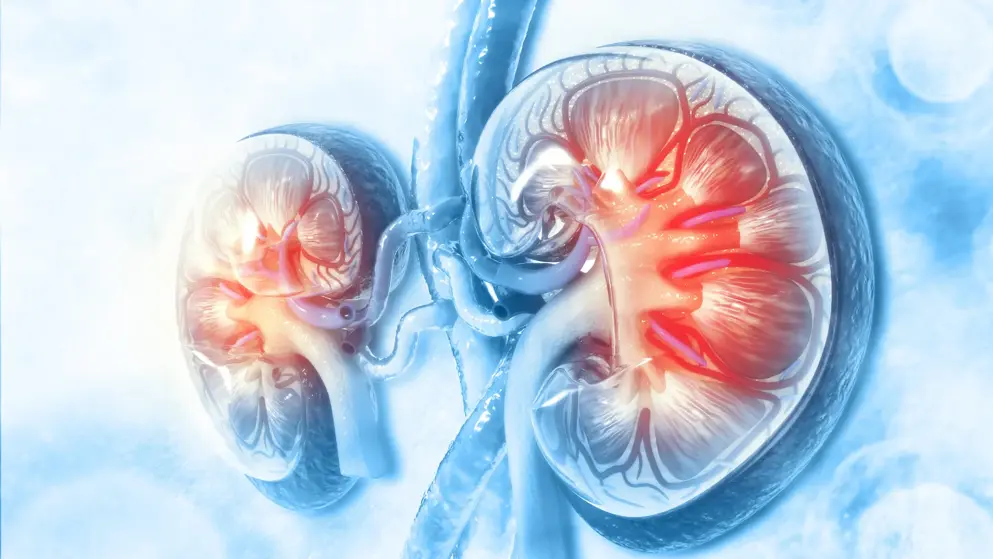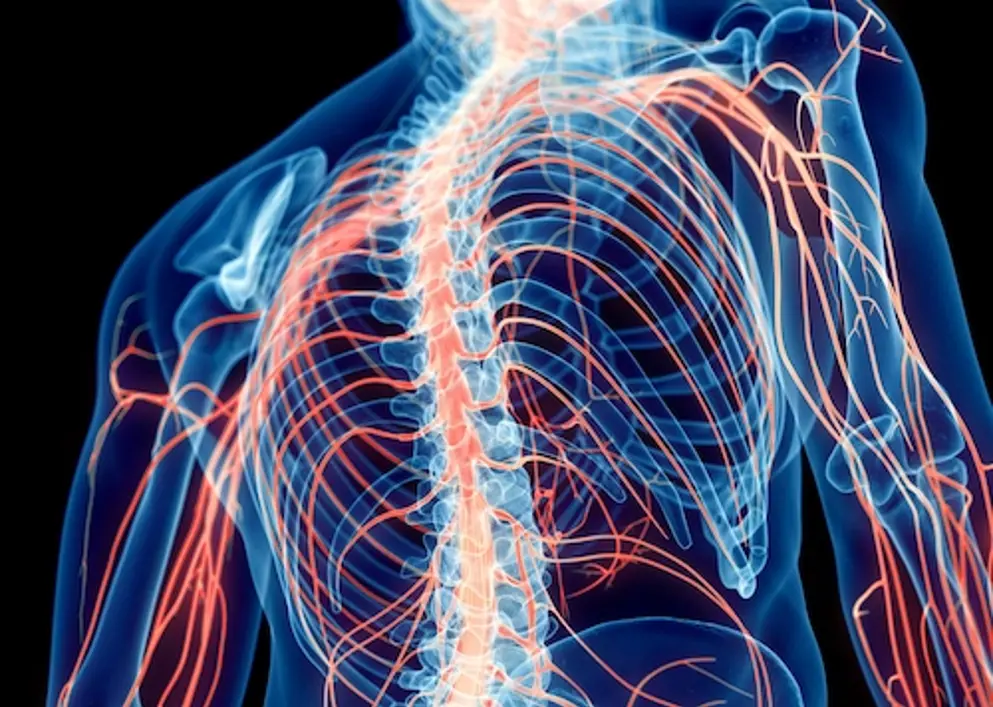Plant-Based Diets for Kidney Disease: A Guide for Clinicians
Plant-Based Diets for Kidney Disease: A Guide for Clinicians
In recent years, a growing body of evidence has emerged on the benefits of plant-based diets for the prevention and treatment of lifestyle diseases. In parallel, data now exist regarding the treatment of chronic kidney disease and its most common complications with this dietary pattern. Improving the nutrient quality of foods consumed by patients by including a higher proportion of plant-based foods while reducing total and animal protein intake may reduce the need for or complement nephroprotective medications, improve kidney disease complications, and perhaps favorably affect disease progression and patient survival. In this In Practice article, we review the available evidence on plant-dominant fiber-rich diet as it relates to kidney disease prevention, chronic kidney disease incidence and progression, metabolic acidosis, hyperphosphatemia, hypertension, uremic toxins, need for kidney replacement therapy including dialysis, patient satisfaction and quality of life, and mortality. Further, concerns of hyperkalemia and protein inadequacy, which are often associated with plant-based diets, are also reviewed in the context of available evidence. It is likely that the risks for both issues may not have been as significant as previously thought, while the advantages are vast. In conclusion, the risk to benefit ratio of plant-based diets appears to be tilting in favor of their more prevalent use.
Read abstract on library site Access full article





